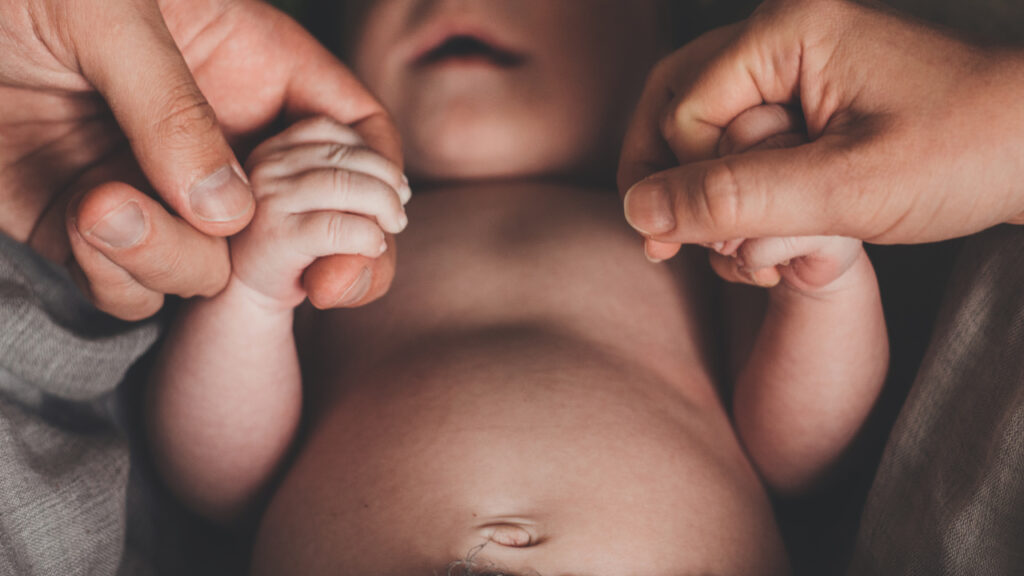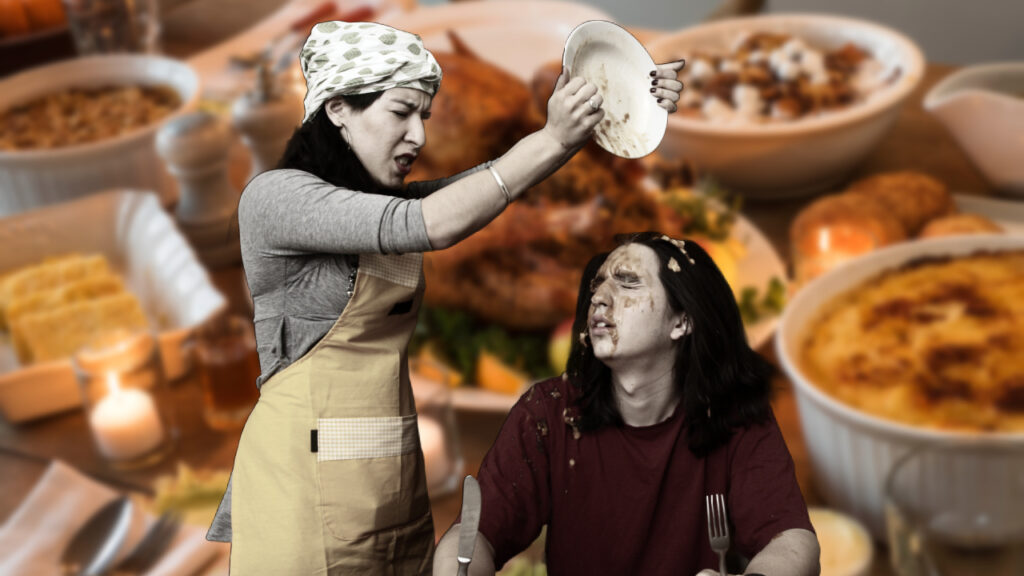Aunts Are Like Moms, But Cooler—And Science Backs It Up
Aunts are more than just family. They are confidants, role models, and second mothers. In Latino, Black, and Asian communities, the title of aunt—whether it’s tía, titi, or auntie—carries deep significance. It represents warmth, wisdom, and an unwavering presence. Science backs up what so many of us already know: aunts play a crucial role in shaping their nieces’ lives.
Aunts Are the Ultimate Safe Space
Growing up can be messy. Sometimes, talking to parents feels impossible. That’s where aunts step in. According to Dr. Axe, aunts provide young girls with a judgment-free zone where they can vent, ask for advice, and navigate their emotions. Unlike parents, they are removed from the daily pressures of discipline and expectations. This makes them the perfect confidantes.
Melanie Notkin, founder of Savvy Auntie, explains that aunts allow their nieces to express themselves freely. “Simply through her aunt’s positive influence, worldview, and way of life, a girl can not only learn more about the world around her but about herself,” Notkin said.
The Science Behind the Aunt-Niece Bond
Research published in The American Psychologist emphasizes the importance of nurturing environments for a child’s development. Aunts create these spaces by:
- Encouraging open-ended play
- Helping develop a strong sense of self
- Offering advice without judgment
- Providing emotional comfort during tough times
Aunts offer what researchers call “quasi-parenthood.” They are close enough to provide guidance but distant enough to be seen as allies rather than authority figures. According to Today’s Mama, children with involved aunts experience higher self-esteem and better social development.
Cultural Guardians and Storytellers
In Latino families, aunts serve as bridges to culture and tradition. NBC News highlights how aunts in Black, Latino, and Asian households help pass down family history, customs, and values. They ensure their nieces understand their roots while giving them the space to define their own identities.
For Paola Rodríguez, a Puerto Rican woman interviewed by NBC News, her tías became her pillars after her mother passed away. “Those memories and those moments have given me the confidence now as an adult to trust them in situations that are more serious,” Rodríguez said.
Aunts Step Up When Parents Can’t
Life is unpredictable. Whether it’s divorce, loss, or emotional distance, aunts often fill in the gaps. Jacqueline San Nicolás moved back to Los Angeles from the East Coast in 2019 to be with her niece and nephews. They were struggling through their adoptive parents’ separation and the pandemic. She became their stability. “I got to be some sort of stability for them,” she told NBC News.
This role isn’t new. A study cited by NBC News found that aunts are essential in supporting LGBTQ youth when parents fall short. The research shows that aunts often provide housing, emotional support, and advocacy for queer nieces and nephews facing familial rejection.
The Fun Aunt Factor: More Than Just Spoiling
Aunts often take on the “fun aunt” role, but it’s more than just sleepovers and shopping sprees. Studies show that time spent with an aunt reduces stress for both children and parents. Today’s Mama reports that households with active aunts see lower levels of family conflict and a boost in emotional well-being.
Victoria Shoots, an aunt to three Black nieces and nephews, understands this deeply. Living in a predominantly white Texas neighborhood, she helps them navigate racial identity and microaggressions. “I always want them to know this is a safe space outside of their parents. I’m their secondary safe space,” she told NBC News.
Aunts Change Lives—And Science Agrees
From boosting self-esteem to being pillars of emotional support, aunts are indispensable. Their impact lasts well beyond childhood. The love, lessons, and security they provide shape the next generation. Science confirms it, but for so many of us, it’s something we’ve known all along: aunts are everything.




